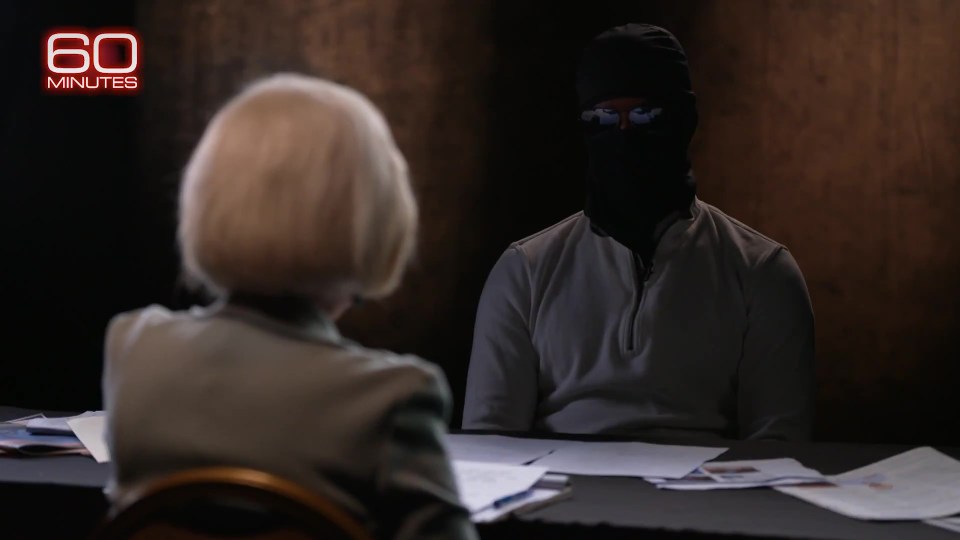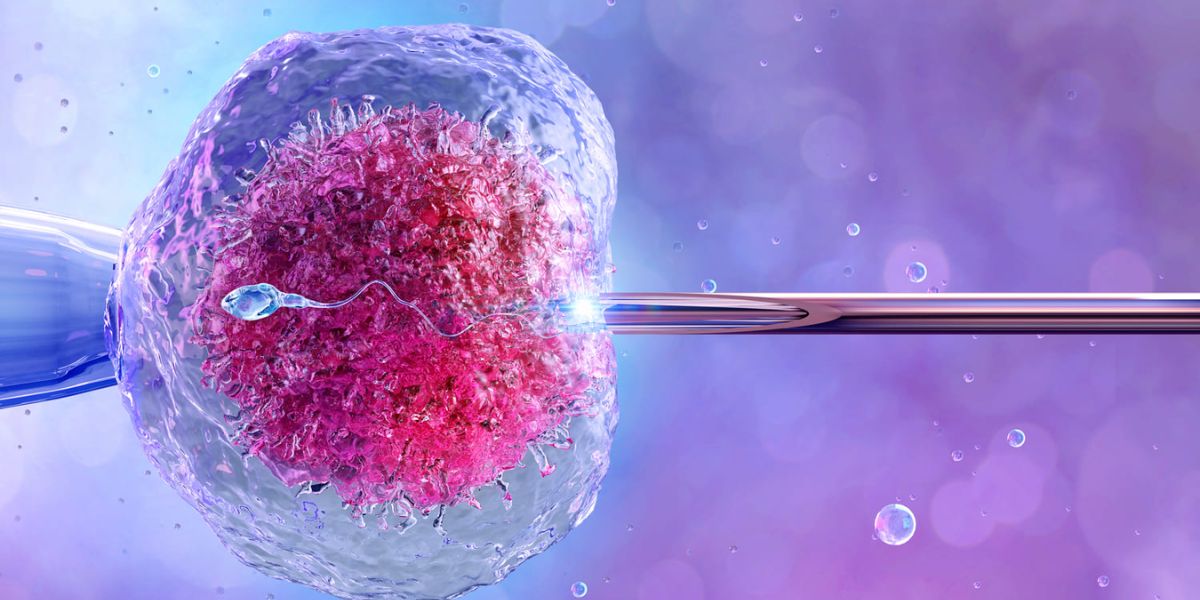Louisiana Moves to Safeguard IVF Services Amidst Abortion Ban Concerns
Following Louisiana’s abortion ban, lawmakers are introducing legislation to preserve in vitro fertilization services.
A Louisiana House of Representatives committee approved legislation Monday aimed at protecting in vitro fertilization (IVF) services locally in the aftermath of an Alabama Supreme Court decision that temporarily banned fertility treatment in that state.
Rep. Paula Davis, R-Baton Rouge, introduced House Bill 833 to ensure Louisiana people have access to IVF. The scientific technique produces embryos outside the womb, which are then put inside a person in the hope that the person will become pregnant. “Our law may not have gone far enough” to protect IVF services in Louisiana, Davis admitted in an interview.
Katie Bliss, a Baton Rouge attorney who specializes in IVF contracts, expressed worry that Louisiana’s present rules are “not specific” enough to completely protect doctors and patients from legal difficulties related to IVF.
Fertility specialists cautioned that states with severe abortion prohibitions, like Louisiana, might make IVF illegal. Embryos can fail or be destroyed during IVF, and some anti-abortion activists view embryo disposal as abortion.
Davis collaborated extensively with Louisiana Right to Life, the state’s top anti-abortion organization, to develop her proposal, which helped the measure pass. The law retains numerous clauses that are popular among anti-abortion activists.
It maintains Louisiana’s longstanding ban on the destruction of viable embryos, whereas every other state allows for more latitude in their disposal. Viable embryos are also referred to as “biological human beings,” with the ability to sue and be sued under the legislation.
Earlier this year, the Alabama Supreme Court nearly eliminated the state’s local IVF clinics by giving embryos the same legal protections as children. Its decision sparked worldwide anger, prompting Alabama lawmakers to intervene and quickly create a new law aimed at making IVF procedures lawful again. Following the Alabama judgment, Louisiana fertility doctors requested that Davis file her bill in Louisiana.
Davis’ bill includes anti-abortion wording but also legally distinguishes between viable and non-viable embryos. Non-viable embryos do not have the same protections against destruction as those that could lead to pregnancy.
The bill also does not grant viable embryos the same legal rights as children. They would not be entitled to familial inheritance in the same way that children are when their parents die.
Dr. Nicole Urlich of the Audubon Fertility Clinic in New Orleans said Davis’ proposal will make medical practitioners feel more comfortable continuing to provide IVF treatments in Louisiana. The Alabama judgment “shook the foundation of our whole field,” and it will be “difficult to justify practicing here” if rights are not secured, she said.
While Louisiana Right to Life is neutral on the bill, two other influential organizations oppose it. The Louisiana Conference of Catholic Bishops and the Louisiana Family Forum opposed Davis’ bill in committee on Monday morning.
It is also unclear where Governor Jeff Landry stands on Davis’ idea. Davis has given the bill to his staff, but has yet to receive input on it, she said Monday. Last month, Landry declined to address a reporter’s questions on the Alabama Supreme Court’s decision on IVF, claiming he was unfamiliar with the issue.
“Oh, which one was it? “I didn’t see that,” the governor said when asked if he agreed with the Alabama court’s decision on IVF and frozen embryos. “I had not seen that. Let me look into that.”
Davis’s bill must be approved by both the full House and the Louisiana Senate before it can become law. Landry, as governor, would also have the ability to veto the law.











